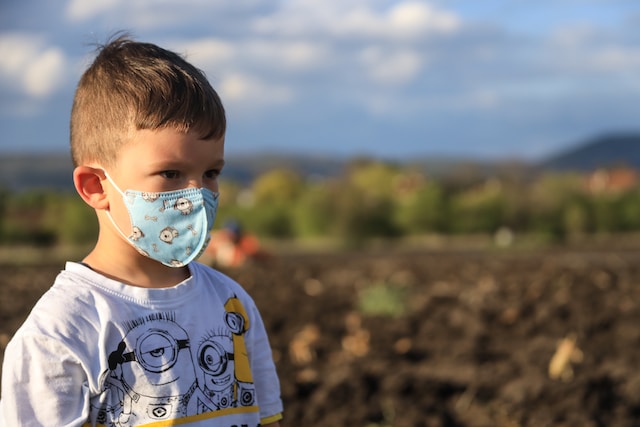The World Health Organization (WHO) has announced that it is reevaluating the status of COVID-19 and has decided to end the global health emergency designation that was put in place when the pandemic first emerged. This announcement is significant as it reflects the progress made in controlling the spread of the virus and the increased capacity of healthcare systems to respond to the pandemic.
The WHO first declared COVID-19 to be a global health emergency in January 2020, as cases began to appear in countries outside of China. The declaration allowed the organization to mobilize resources and coordinate a global response to the pandemic. Since then, the WHO has been closely monitoring the spread of the virus and assessing the threat it poses to global health.
In a statement released on May 8th, 2023, the WHO announced that it was ending the global health emergency designation for COVID-19. This decision was made after a review of the latest data on the virus, which indicated that the spread of the virus had slowed in many countries, and that health systems were better equipped to handle the pandemic.
However, the WHO emphasized that this decision does not mean that the pandemic is over or that the threat posed by COVID-19 has disappeared. The virus is still circulating in many countries, and new variants continue to emerge, which could pose a threat to global health.
The announcement has been met with mixed reactions. Some have praised the decision, stating that it reflects the progress made in controlling the spread of the virus and the increased capacity of healthcare systems to respond to the pandemic. Others have expressed concerns that the lifting of the global health emergency designation could lead to a reduction in funding for COVID-19 response efforts and a decrease in public awareness of the ongoing threat posed by the pandemic.
In an op-ed for The New York Times, Dr. Tedros Adhanom Ghebreyesus, the Director-General of the WHO, emphasized the need for continued vigilance and action to control the spread of the virus. He called for a global effort to ensure that vaccines and other medical interventions are available to everyone, regardless of where they live.
The lifting of the global health emergency designation is an important step in the fight against COVID-19. It reflects the progress that has been made in controlling the spread of the virus and the increased capacity of healthcare systems to respond to the pandemic. However, it is important to remember that the pandemic is not over, and that continued efforts are necessary to control the spread of the virus and ensure that vaccines and other medical interventions are available to everyone who needs them.
In conclusion, the announcement by the WHO that it is ending the global health emergency designation for COVID-19 is a significant development in the ongoing fight against the pandemic. While the news is cause for cautious optimism, it is important to remember that the threat posed by COVID-19 has not disappeared, and that continued efforts are necessary to control the spread of the virus and ensure that vaccines and other medical interventions are available to everyone who needs them.










